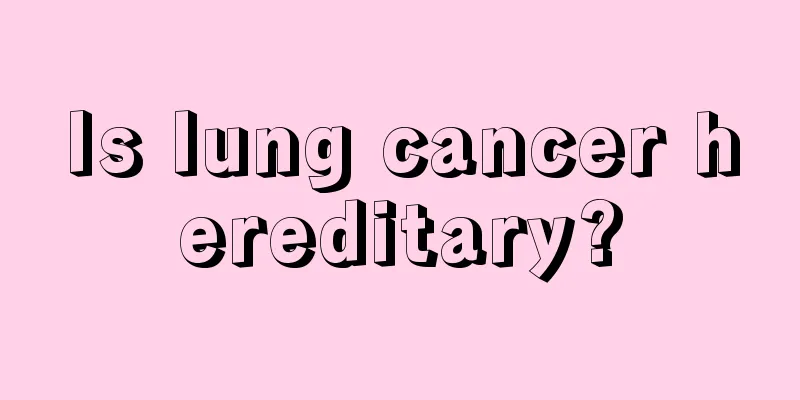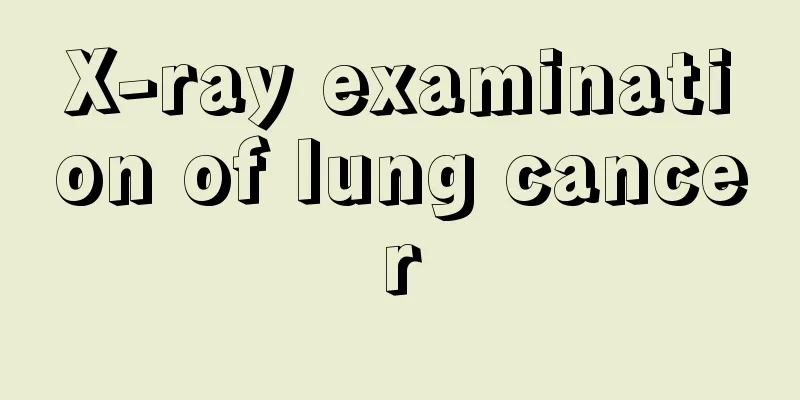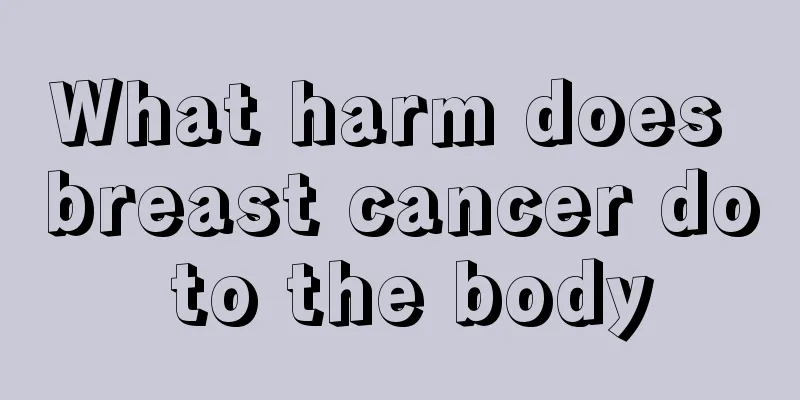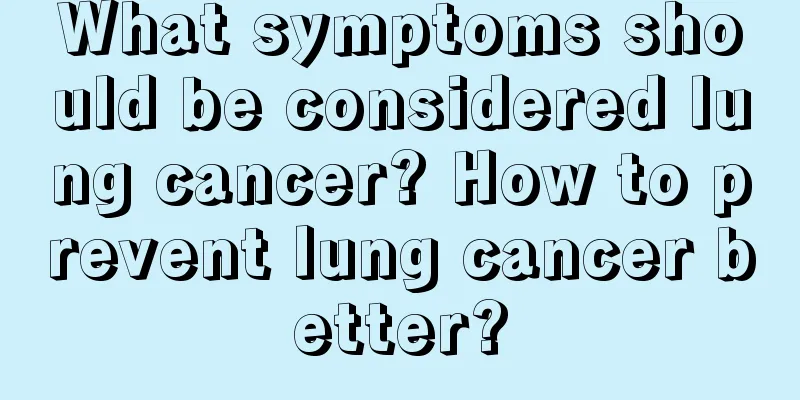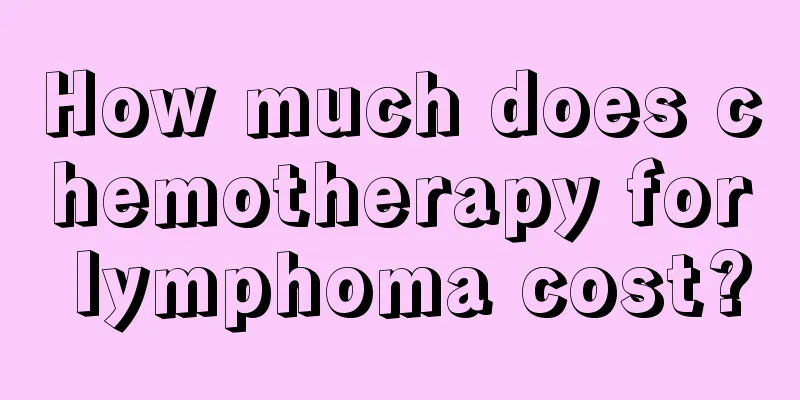Treatment of thyroiditis
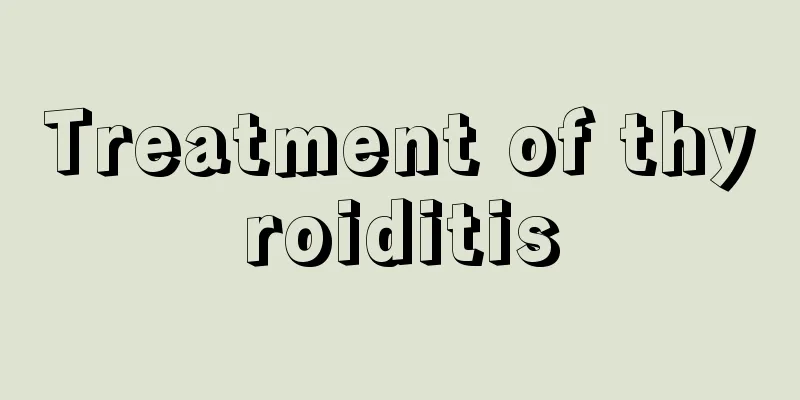
|
The thyroid gland plays an indispensable role in endocrine regulation and plays an important regulatory role in the entire growth process of the human body. However, there are more and more thyroid-related diseases nowadays, such as thyroiditis, endemic goiter, thyroid nodules and other diseases. Because they are related to endocrine, thyroid diseases are more complicated to treat. Currently, thyroiditis is the most common. Suffering from thyroiditis will seriously affect the thyroid function, thereby indirectly causing endocrine disorders. If you suffer from thyroiditis, you must diagnose it as soon as possible and receive treatment early, otherwise it will cause a series of complications and cause great harm to the human body. Here is an introduction to the treatment of thyroid disease. Thyroiditis is a common thyroid disease that is more common in women. The clinical manifestations are diverse. The same type of thyroiditis can manifest not only as hyperthyroidism but also as hypothyroidism, diffuse thyroid lesions, and thyroid nodules at different stages of the disease. Sometimes different types of thyroiditis can convert into each other. Therefore, thyroiditis involves all aspects of thyroid diseases and needs to be differentially diagnosed from many thyroid diseases. It is of great significance to understand the various types and clinical characteristics of thyroiditis. 1. Silent lymphocytic thyroiditis This disorder is transient and lasts only a few months; the hyperthyroid phase should be treated conservatively, usually with only a beta-blocker such as propranolol. Antithyroid drugs, surgery, and radiation therapy are contraindicated. Transient hypothyroidism may require thyroid hormone replacement therapy. Although hypothyroidism may be permanent in some cases, most people return to normal thyroid function, so thyroid function should be reassessed after 6 to 12 months. 2. Subacute thyroiditis Use high-dose aspirin or NSAIDs. For more severe and prolonged cases, corticosteroids (prednisone 30-40 mg/d, with the dose gradually reduced over 6 weeks) are recommended, and all symptoms will disappear within 24-48 hours. When thyroid radioiodine uptake returns to normal, treatment is terminated. 3. Acute thyroiditis Cold compress is suitable for local use in the early stage, hot compress is suitable for use in the late stage, and antibiotics are given systemically. When there is an abscess, incision and drainage should be performed early to prevent the abscess from rupturing into the trachea, esophagus, or mediastinum. Treatment includes antibiotics and local incision and drainage. It is best to do puncture fluid and blood culture, and perform drug sensitivity tests, and then choose sensitive antibiotics, which will be more effective in eliminating bacteria. After a few days of thyroid inflammation, an abscess will form. Therefore, the thyroid abscess must be incised and drained to effectively remove the pus and control the local inflammation as soon as possible. Because the neck pain is obvious, some analgesics can be used, such as painkillers and salicylic acid preparations. 4. Hashimoto’s thyroiditis Patients with mild thyroid enlargement and no symptoms may not need treatment but should be followed up and observed. When the thyroid gland is significantly enlarged or there is hypothyroidism, thyroid preparations should be given for treatment even if only serum TSH is elevated. Generally, start with a small dose, 20-40 mg of thyroid tablets per day, or 25-50 micrograms of L-T4, and gradually increase to a maintenance dose to keep TSH within the normal range. If the thyroid gland enlarges rapidly or is accompanied by pain or compression symptoms, short-term glucocorticoid treatment can be used. Hashimoto's hyperthyroidism should be treated with low-dose antithyroid drugs and propranolol preparations. Iodine 131 and surgery are generally not used to avoid severe hypothyroidism. After reading the above treatment methods for thyroiditis, I hope it can be of some help to patients with thyroiditis. Another thing that needs to be noted is that patients with thyroiditis should avoid getting angry, because anger will also affect the endocrine system. During the treatment period, excessive anger will affect the treatment effect of thyroiditis and is not conducive to the patient's recovery. |
<<: Henoch-Schonlein purpura nephritis
Recommend
What do different private odors mean?
In order to distinguish abnormal discharge from n...
What is the reason for closed comedones on the cheeks
The sides of the cheeks and the sides of the nose...
How to wash away oil stains on clothes
It happens from time to time that clothes are sta...
Can children apply facial masks?
Many women want to make their facial skin better,...
What are the symptoms of lymphoma
Lymphoma is a malignant tumor that mainly manifes...
Requirements for being a fitness trainer
Nowadays, fitness has become a mainstream topic i...
What are the symptoms of cervical meridian obstruction
According to Chinese medicine theory, the human b...
How to store chestnuts?
Every autumn is the season when chestnuts are on ...
How long can one survive with colon cancer
Everyone wants to be healthy, but life is not alw...
My cervical spine hurts when I tilt my head back
With the pressure of study, work, etc., many peop...
What causes bone hyperplasia
Nowadays, many elderly people are suffering from ...
How to protect your eyes and not let your eyesight affect your life and work
The eyes are the windows to the soul. Beautiful e...
Three criteria for choosing a suitable toothbrush
A toothbrush is essential for cleaning your mouth...
What is the normal value of aspartate aminotransferase? What is the clinical significance?
Many people are not clear about what aspartate am...
What is the reason for long thighs and short calves
A person's height is closely related to genet...
